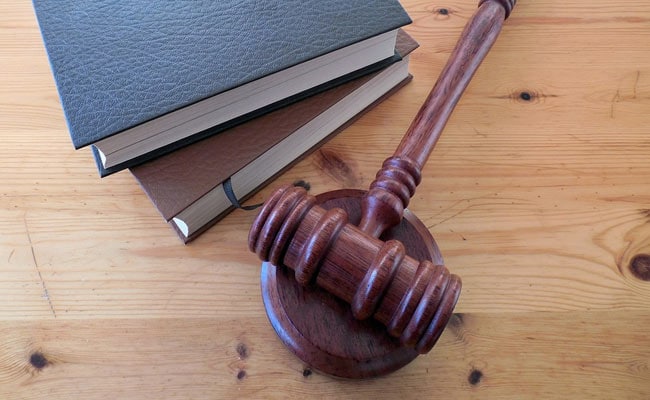On Reducing Age Of Consent, Law Panel’s Report To Centre Urges Caution


New Delhi:
The Law Commission has advised the Centre against lowering the age of consent from 18 to 16 under the Protection of Children from Sexual Offences (POCSO) Act, arguing that doing so will have a negative impact on the fight against child marriage and child trafficking.
The panel has, however, said it considers it necessary to bring about amendments in the Act to “remedy the situation” in cases in which there is tacit approval from children aged between 16 and 18. It said “guided judicial discretion” can be applied in such cases.
In December last year, Chief Justice of India DY Chandrachud had urged parliament to address growing concerns related to the age of consent under the POCSO Act.
In its report to the Law Ministry, the 22nd Law Commission of India has said, “After a careful review of existing child protection laws, various judgements and considering the maladies of child abuse, child trafficking and child prostitution that plague our society, the Commission is of the measured view that it is not advisable to tinker with the existing age of consent under the POCSO Act.”
The panel, which is headed by Justice Ritu Raj Awasthi, former chief justice of the Karnataka High Court, said it had considered all the views and suggestions given in connection with cases involving those between the ages of 16 and 18
“The Commission considers it necessary that certain amendments need to be brought in the POCSO Act to remedy the situation in cases wherein there is tacit approval in fact, though not consent, in law on part of the child aged between 16 to 18 years,” the report said.
The panel said it was of the considered opinion that such cases do not merit to be dealt with the same severity as the cases that “were ideally imagined to fall under” the POCSO Act.
“The Commission, therefore, deems it fit to introduce guided judicial discretion in the matter of sentencing in such cases. This will ensure that the law is balanced, thus safeguarding the best interests of the child,” it added.

